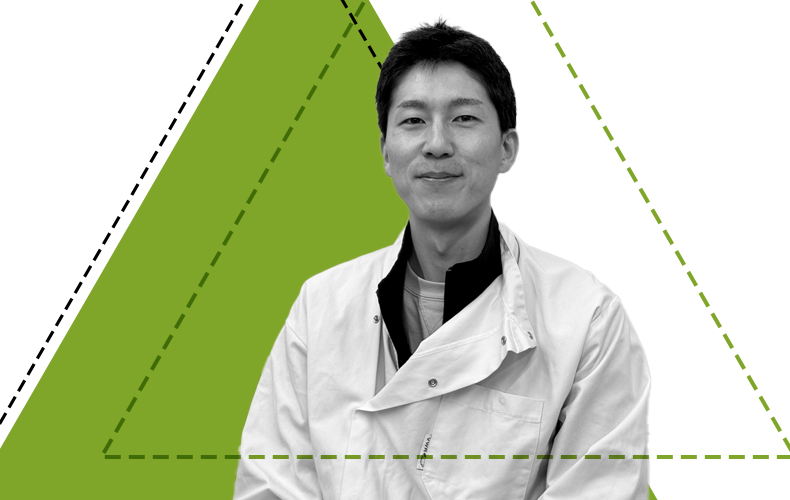In January 2012, Gabriela Lin, then a PhD student, attended a week-long lecture course in Taipei City on the logic of regulatory circuits, organized by Academia Sinica and EMBO. “Specialists from all over the world came and presented an incredible range of studies, some completely new to me,” she recalls. “It showed me the best science is global, collaborative and done without limitations – it was inspirational.”
During the course, Lin learned about opportunities for researchers to work overseas, and when it came to her next career stage, she immediately turned to the EMBO Postdoctoral Fellowship Programme. “Even at the interview stage, I received invaluable suggestions for my project,” says Lin, who carried out studies on the proteome of telomeres in the group of EMBO Member Joachim Lingner at the École Polytechnique Fédérale de Lausanne (EPFL), Switzerland. “Telomeres are crucial for maintaining chromosome structure and genome stability, and their biology is closely associated with ageing and age-related diseases. My project aimed to improve understanding of what happens to telomeres in health and disease.”
“Life science research requires such a diverse skill set, including critical thinking, communications, logic, project management, leadership and teamwork. Through my practical work and EMBO Training Courses I have further developed my abilities in these areas. The EMBO support system was critical to the success of my project and has equipped me with everything I need for the next steps in my career.”



